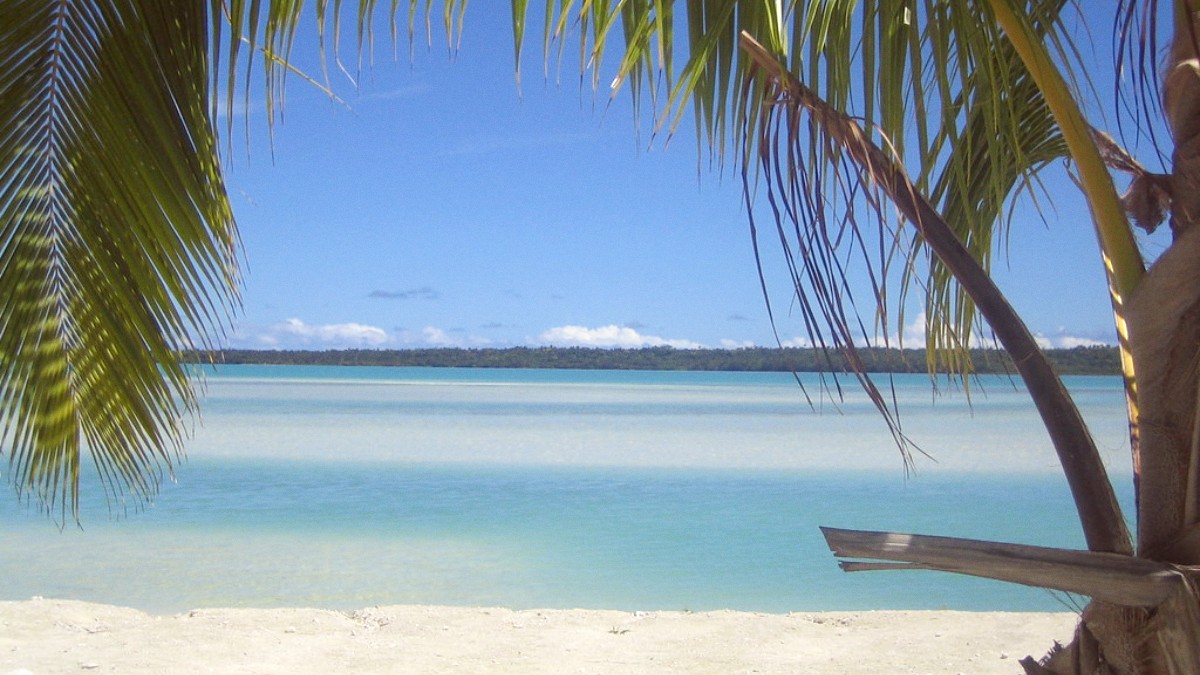
Rarotonga And The Cook Islands
Dry Season (May to October): This period brings cooler, drier weather with less humidity. Average temperatures range from 20°C to 26°C (68°F to 79°F). Expect sunny days and comfortable evenings. Rainfall remains low, making outdoor activities consistently pleasant. This season often features gentle trade winds, ideal for water sports like kiteboarding.
Wet Season (November to April): Warmer temperatures, higher humidity, and increased rainfall define this season. Average temperatures range from 22°C to 29°C (72°F to 84°F). Rainfall often comes in short, heavy bursts, typically in the late afternoon or evening. These showers quickly pass, leaving sunny skies. The landscape becomes lush and green during this time.
Aitutaki sits within the South Pacific cyclone belt. The official cyclone season runs from November 1 to April 30. While direct hits are infrequent, tropical depressions bring strong winds and heavy rainfall.
If you travel during this period, monitor weather forecasts closely. Local authorities and your accommodation will issue updates and guidance if a cyclone approaches. Extreme temperatures are rare; the tropical climate maintains consistently warm conditions throughout the year, without significant heatwaves or cold snaps.
June to August
Perfect weather, low humidity, minimal rain, ideal for outdoor activities.
Peak prices for flights/accommodation, more crowds, advance booking necessary.
May, September, October
Good weather persists, fewer crowds, potentially lower prices.
Still busy, some prices high, popular tours need advance booking.
November to April
Lower prices, fewer crowds, lush green scenery, unhurried atmosphere.
Higher humidity, increased rainfall, cyclone risk (Jan-Mar), some businesses may have reduced hours.
Plan your visit between May and October (dry season) for snorkeling, diving, lagoon cruises, and kiteboarding. This period presents the best visibility, calmer seas, and comfortable conditions. Clear water enhances underwater viewing, and consistent trade winds make kiteboarding excellent.
Good fishing is available year-round; species availability might vary. Consult local fishing charters for current conditions. Any time of year is suitable for relaxation. The low season provides more solitude and potentially better value for those seeking a quiet escape.
Best in dry season (May-Oct) for visibility.
Clear water and calm conditions in dry season.
Consistent winds make dry season ideal.
Year-round, check local charters for specific species.
Any season, low season for more solitude.
The Cook Islands generally grant a visa waiver for stays of up to 31 days to citizens of many countries. This includes the United States, Canada, United Kingdom, Australia, New Zealand, and most European Union member states. You do not need to apply for a visa in advance for short tourist stays if you hold a passport from one of these countries.
To enter the Cook Islands, you need several documents:
No specific entry fees apply to tourists upon arrival. Immigration procedures are simple.
Aitutaki offers experiences for various budgets, though it often comes with a higher price tag than some other South Pacific destinations. Proper budgeting aids managing expenses.
NZD 80-150 (guesthouses, self-catering bungalows)
NZD 50-80 (self-catering, local takeaways, simple eateries)
NZD 20-50 (scooter rental for a day, bicycle rental)
NZD 0-50 (free beaches, some affordable lagoon tours)
NZD 200-400 (mid-range resorts, private villas)
NZD 80-150 (mix of resort and local dining)
NZD 30-70 (scooter or car rental, pre-arranged transfers)
NZD 50-100+ (lagoon cruises, snorkeling trips, guided tours)
NZD 500+ (luxury resorts, overwater bungalows, private islands)
NZD 150-300+ (fine dining, private chef options)
NZD 100+ (private lagoon charters, diving excursions, spa treatments)
Tipping is not customary in the Cook Islands.
Your well-being on Aitutaki is important. This section covers health advice, safety precautions, and emergency information.